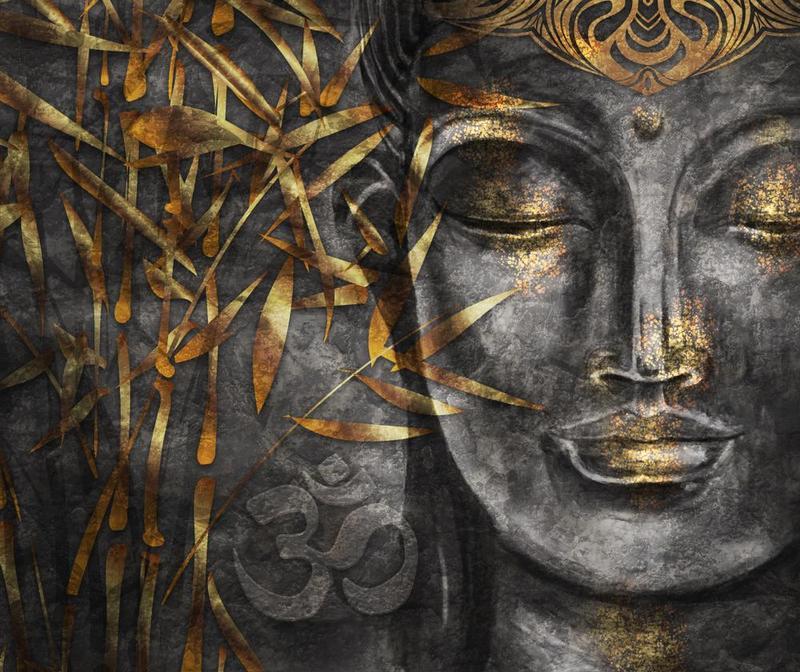How various Traditions create New Spirituality
How various Traditions create New Spirituality
We like to see the ancient world as filled with a lot of certain religions, all somehow clear and authentic in themselves. But the reality is more complex, for sure. Muslims, Christians, and Jews debated each other at times, and their religions affected one another. Platonism also affected these three religions, or at least their more mystical and esoteric schools of thought. Besides, even in antiquity people often practiced various faiths, having, for instance, to be a part of the state religion, for instance, while practicing their own religion in their own lives. In the modern era, in Freemasonry, we see the impact of Hermeticism, alchemy, ancient Egyptian culture, etc., in the “higher Degrees.”
These days, whether ancient or modern, dead, obscure, or having millions of members, every religious tradition is available to us in some way, even if only through books. It is a strange thing to view, but esoteric schools, such as Martinism and those following the teachings of Armenian mystic G. I. Gurdjieff, virtually inaccessible two decades ago, now occasionally appear on the net, including in my social media streams.
Yet, in the West, fewer and fewer people seem to be born into a religious tradition, except superficially. And there is a large increase in the amount of people calling themselves “spiritual but not religious.” I, as well, was raised in an essentially secular family, though I developed an interest in paganism, shamanism, occultism, esotericism, etc., at a young age.
I had, probably, wished to find the clear source of religion and mysticism (if there is such a thing) — and no doubt that accounts for my early interest in pre-monotheistic faiths. We all wish to be authentic, and to practice what is true. So, we can, for instance, come to regard our martial arts school, religion, or even the style of art or music we practice as the most legitimate.
However, in our age, it seems impossible to stick to one cultural tradition, for instance, practicing the religion, eating the food, listening to the music, and reading the literature of only one tribe, nation, or even continent.
The embrace of other traditions is sometimes championed in politics (i.e., as “multiculturalism”) and sometimes denounced in politics (i.e., as “cultural appropriation”).
Things change, and politics changes quicker than many things. We have to go deeper than that.
Even though there has been much political outreach to other traditions — especially Islam — this has not proved very effective, typically because the religion or tradition that is the recipient of the outreach is expected to Westernize — and what Western culture is, in regard to religion, spirituality, values, etc., is no more completely clear.
In many situations we also find spiritual practitioners combining together different traditions — Islamic, Buddhist, etc. with little real thought or comprehension.
While it is a nice thing to have a wide knowledge of religious, spiritual and other traditions, this approach is shallow, and often quite political, or aimed at improving one’s self-image, though not necessarily one’s own self.
But there is another way to embrace traditions. This means not reinterpreting them to suit us, but letting ourselves be shaped by them. This is a sort of subtle, and long term initiation. In this scenario, we have to research and absorb the teachings of the religion or spiritual tradition over time, contemplating them seriously, and finding ourselves changed.
I can say that personally, it is probably not entirely a coincidence that I gave up alcohol (with exceedingly rare and small exceptions) after studying Islamic mysticism for a pretty long time. True, I have never really been a heavy or frequent drinker, and I don’t like the taste of alcohol much. So, in that sense, it wasn’t much of a sacrifice.
But in another way, it has been a big lesson. When I go to a bar, normally, I am the only one not drinking alcohol. It takes a little discipline. It is a reminder of my own spiritual quest and wish for ongoing self-improvement (and I’m generally happy that I can work out or write later that evening or the next morning without feeling sick or sluggish). And it makes me not do something unthinkingly, out of habit, or out of social pressure — which gives me a different perspective on culture more broadly, I think.
Such a process is not for everyone. It requires wanting to alter our minds about the traditions we are researching, and, more importantly, probably, about who we are. That is not simple. It requires listening with sympathy to the Imam, Lama, priest, monk, esotericist, or spiritual practitioner, etc., trying to comprehend why they would believe what they do, and what it is exactly that they think, rather than immediately interpreting it into what we already think.
We don’t have to agree with everything the spiritual teacher says. We can disagree. And if we do, then we have an opportunity to practice respect for someone we disagree with. But when we find something new that we believe is important we can let it mold us for the better. That may be only one thing that is said, or only five percent of what is said, but, often, that is enough to guide us in a better direction.
by Angel Millar/Phalanx
Be the first to post a message!
